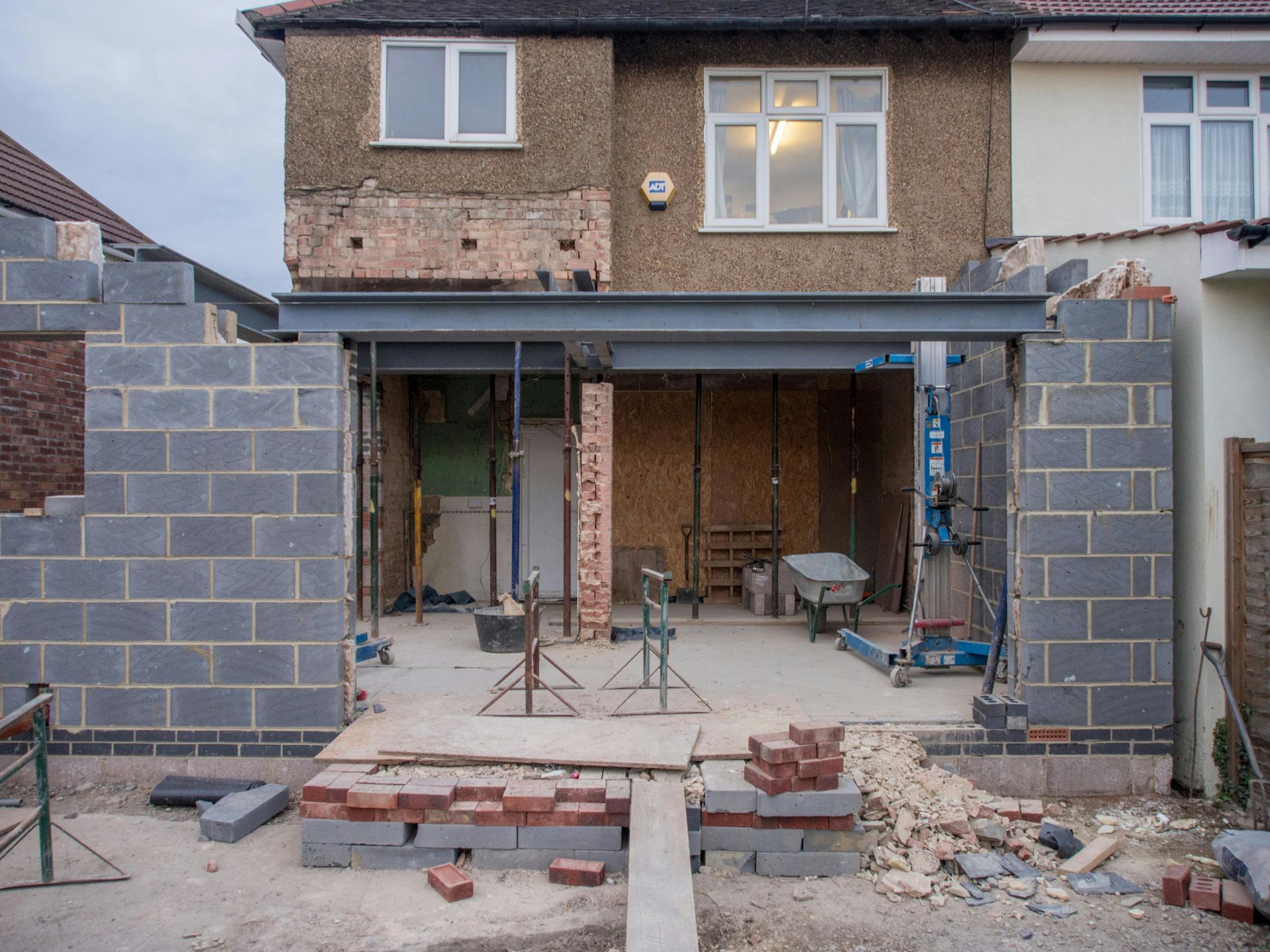Can You Get a Mortgage on a Converted Property in 2025?
Conversions Can Offer Unique Character and Great Value—But Some Conversions Still Raise Serious Red Flags for Lenders in 2025
What Counts as a Converted Property?
A converted property is any building that was previously used for another purpose—residential or commercial—and has since been reconfigured to create a new home. These include:
- Barn conversions
- Office-to-residential schemes
- Former chapels, churches, or schools
- Split-title houses turned into flats
- Warehouse or loft conversions
- Garages or outbuildings turned into annexes
Conversions offer charm and individuality—but also complex legal and lending challenges. If the structure or paperwork isn’t up to standard, lenders may decline.
Can You Get a Mortgage on a Converted Property in 2025?
Yes—but only if the conversion meets lender criteria. Lenders assess both:
- The construction quality and compliance of the conversion
- The legal documentation confirming planning, access, and structural sign-off
Conversions that are well-built and fully certified can be mortgageable with mainstream lenders. Those that lack paperwork or involve unconventional materials may require specialist lending or bridging finance.
What Triggers Mortgage Refusals?
Lenders may decline to lend—or request significant amendments—if:
- There’s no Building Control sign-off for the conversion
- The property was converted without planning permission or under permitted development but lacks a lawful development certificate
- The property is part of a recent title split with inadequate access or utilities
- The structure includes non-standard materials (e.g. timber frame, metal, cob)
- There’s only one access point shared across multiple dwellings
- Retrospective approval is still pending
In short: if the conversion creates ambiguity over safety, resale value, or legal status, lenders pull back.
Lender Priorities for Converted Properties in 2025
To consider a mortgage application, most lenders want to see:
- Planning permission documents (or permitted development proof)
- Building Regulations Completion Certificate
- Clear access rights and services for each dwelling
- Valuation that doesn’t flag resale or marketability concerns
- If leasehold: confirmation of adequate freeholder obligations for maintenance
Even where conversions meet the above, some lenders still apply lower LTV limits or insist on specialist surveyor reports.
What If the Conversion Is New or Unfinished?
If you’re buying a newly converted property, lenders may request:
- A structural warranty (e.g. NHBC, LABC, Build-Zone)
- Final completion certificates
- Clear documentation proving the conversion is legally complete before funds are released
If the conversion is unfinished or part-complete, you’ll need:
- Development finance or a bridging loan
- A clear exit plan, such as refinance to a BTL or residential mortgage once the conversion is signed off
How Willow Private Finance Can Help
We regularly support clients buying or refinancing converted properties—including those where other brokers failed to find a lender.
We help you:
- Navigate complex planning, title, or lease issues
- Secure mortgages for non-standard construction or recent conversions
- Arrange bridging loans for part-finished or uncertified properties
- Package your case for lenders who understand the risks—and the potential
We know which lenders accept barn conversions, which need post-completion sign-off, and which are flexible on modern conversions that deviate from standard layouts.
Practical Tips for Buyers
- Always ask for the planning and building regulation documents early
- Confirm the property has legal access and independent utilities
- Get a full RICS Level 2 or 3 survey if structural work is visible or recent
- Work with a broker experienced in conversion mortgages and non-standard lending
Related Blogs You May Find Helpful
- How To Finance Property With Non-Standard Construction in 2025
- Financing Property With Agricultural Ties: What You Need To Know in 2025
- Buying Property at Auction: Risks and Smart Moves in 2025
📞 Want Help Navigating Today’s Market?
Book a free strategy call with one of our mortgage specialists.
We’ll help you find the smartest way forward—even with converted or complex properties.
Important Information: Your home may be repossessed if you do not keep up repayments on your mortgage or any other loan secured on it.
The information contained in this article is for general guidance only and does not constitute advice. You should seek professional advice tailored to your personal circumstances before making any financial decisions.
Willow Private Finance Ltd is authorised and regulated by the Financial Conduct Authority. FCA number: 588422.










